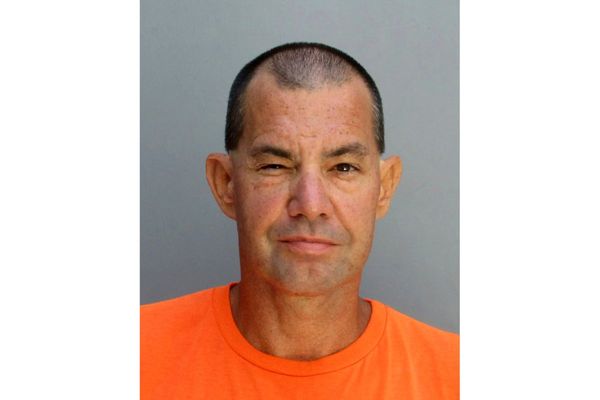
Just last week, Indonesian authorities announced a campaign that would crack down on misbehaving tourists in Bali.
Now, Amsterdam is preparing to launch a similar campaign.
The Dutch capital is known for its beautiful canals, quirky architecture, colourful tulip gardens and its must-visit galleries and museums.
But it has also become known for its open mindedness to sex work and cannabis use, attracting millions of foreign partygoers every year.
An estimated 20 million tourists visited the Netherlands in 2019, with many keen to visit Amsterdam’s marijuana coffee shops and red-light districts.
But residents have raised concerns about the large – and ever-growing – numbers of partygoers, who dwarf the city’s population of just 822,000.
After consultation with residents and business owners, the City of Amsterdam has decided to bring in new rules as part of its new ‘Stay Away’ campaign.
Tweet from @sofyan_mbarki
In a bid to deter so-called “nuisance tourists”, visitors will no longer be able to smoke marijuana on the streets of Amsterdam as of mid-May.
There will also be restrictions on alcohol sales, with bars and sex-work establishments to be slapped with curfews – spelling trouble for the city’s many 24-hour venues.
And to address overcrowding and ‘overtourism’, the city will be limiting the number of river cruises and Airbnb rental properties, with many hotels to be repurposed into residential and office buildings.
The rules will coincide with an image campaign, which will promote the importance of respect and discourage foreign visitors who “only come to Amsterdam for alcohol, drugs and sex”.
Had enough
A press release from the city last year claimed that foreign visitors had begun to abuse their privileges while in Amsterdam.
“Amsterdam is known as a free and open city that wants to share its cultural wealth, including museums and leading venues, the canal belt, but also its nightlife with visitors from all over the world,” the statement read.
“Some entrepreneurs misuse the image of the city to sell Amsterdam as a place of ‘unlimited possibilities’. As a result, groups of visitors think that Amsterdam is a city where everything is possible and allowed.”
Amsterdam deputy mayor Sofyan Mbarki said in a statement that immediate action was needed to protect the city.
“The discouragement campaign aims to keep out visitors we do not want. If we love the city, we must take action now,” Cr Mbarki said.
“Action is needed to prevent nuisance and overcrowding. Amsterdam is a metropolis, and bustle and liveliness come along with this, but to keep our city liveable, we need to choose limits instead of irresponsible growth.”

Seeing red
There may be additional rules and restrictions to come, with the city’s mayor Femke Halsema taking a hard stance against the city’s famous marijuana-filled coffee shops.
There are more than 160 coffee shops around the city that sell marijuana-filled menu items, with customers also free to smoke on the premises.
But Mayor Halsema says she wants to ban tourists from purchasing goods from these coffee shops, citing concerns over interdependence between the soft and hard drug trade.
“Many of the major problems in the city are fuelled by the cannabis market: From nuisance caused by drug tourism to serious crime and violence. Banning sales to tourists is a necessary intervention … and the first step towards regulation,” she said in 2021, as reported by Dutch News.
In another major change to the city, Mayor Halsema has also announced a plan to close a significant number of brothels in the De Wallen red light district, and relocate them to a single multi-storey “erotic centre”.
This centre would be located away from the city’s centre in a bid to draw tourists away from the city hub.
But the proposal has been met with fierce opposition from residents, who are concerned the centre won’t solve existing issues and will instead relocate the issues to their areas.
The city council had initially put forward eight possible locations for the centre. However, following the backlash, it is now searching for three new options.
Sex workers in the red light district have also fiercely opposed the plan. According to a lobby group known as Red Light United, 90 per cent of the 170 female sex workers surveyed wanted to continue working in their current location.







